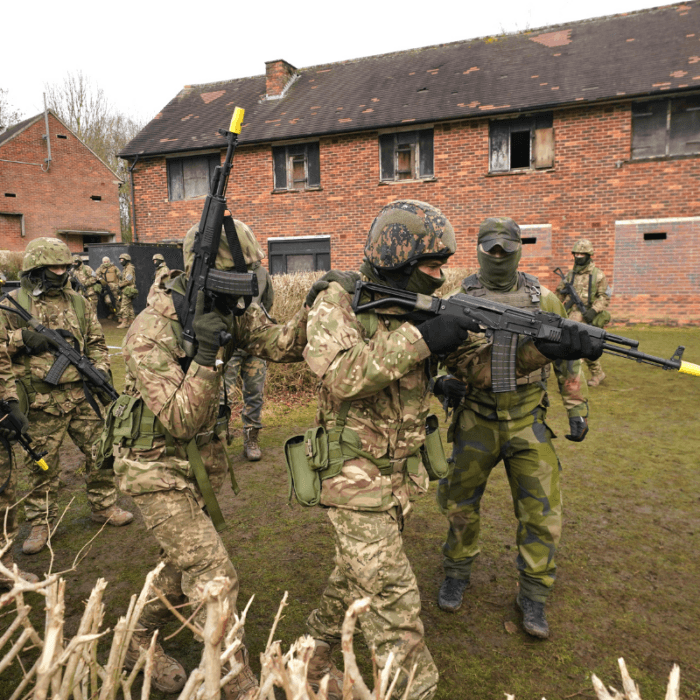Donating military equipment to Ukraine to help it fight its war against Russia has created “some capability gaps, especially in the British Army,” armed forces minister Luke Pollard has said.
Pollard said during a Ministry of Defence (MoD) briefing that this means the UK now needs to backfill its own stock. He added that London had sent “nearly all” of its AS90 artillery units to Kyiv and “that has created a capability gap within how we operate.”
The minister defended the decision to support Ukrainian armed forces with materiel, saying it is the right thing to do, but that it had nevertheless created a challenge for British stockpiles.
Pollard added that the war in Ukraine “should be the wake-up call we need to make the case for a stronger defence” and that the issue of stock will be discussed in the government’s Strategic Defence Review (SDR), which is expected to report its findings in early 2025.
The moves were made amid rising concerns over the actions of hostile nations across the world. Lead reviewer of the SDR Lord Robertson has identified the “deadly quartet” of China, Russia, Iran, and North Korea as being hostile powers increasingly working together.
The UK’s support for Kyiv in the Ukraine–Russia war is not only impacting materiel, but training for British armed forces.
Last week, the NAO said that more than a quarter of the army’s training estate is being used for Operation Interflex, the UK’s programme for training Ukrainian troops. As a result, bids for time from British army units to use training sites in 2023 were rejected at eight times the rate as in 2019.
The NAO said that as the war has progressed, the MoD has learnt lessons on how it is managing support, but the ministry must continue to balance to the UK’s strategic needs with providing support for Ukraine.
Iranian Missiles
Last week, Foreign Secretary David Lammy and U.S. Secretary of State Antony Blinken conducted a joint visit to Ukraine to reaffirm their commitment to supporting Kyiv.Usage of long-range missiles beyond Ukraine’s borders is off limits over concerns it could escalate tensions between NATO and Russia. Last week, Russian President Vladimir Putin said that allowing such strikes with Western weapons means NATO countries would be “at war with Russia,” which would change the very essence of the conflict.
During the bilateral meetings conducted by Lammy and Blinken, the United States and UK accused Tehran of shipping missiles to Moscow for the purpose of using against targets in Ukraine and put further sanctions on Iran and Russia.
Director of the CIA William Burns has warned of the “troubling” defence partnership developing between China, Russia, Iran, and North Korea which he said threatens both Ukraine and Western allies in the Middle East.







